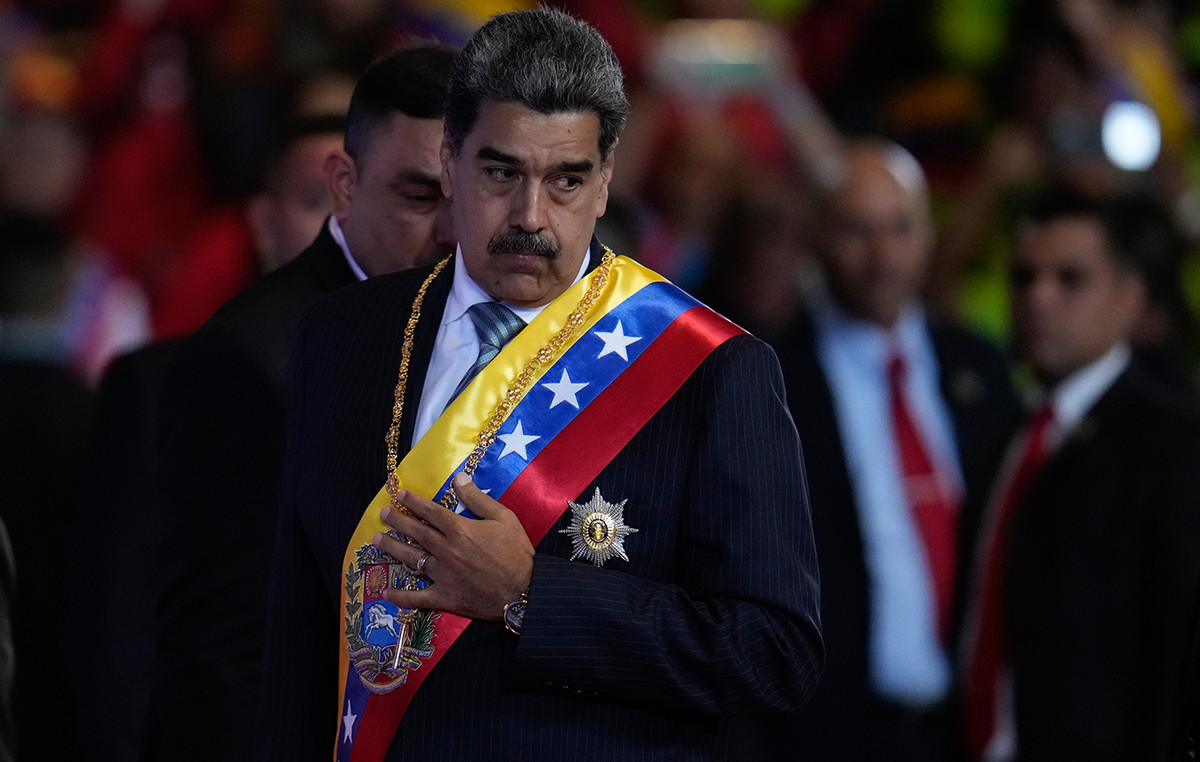Voluntary blood donation ensures the safe and continuous supply of blood centers to support transfusions and care for several patients who depend on related treatments.
The establishments face ups and downs in supply throughout the year, which can impair clinical, surgical and transplant treatments, which are only feasible if there is adequate transfusion support of red blood cells, platelets or even clotting factors.
Factors such as strikes, storms, floods and extended holidays contribute to the decrease in inventories. In addition, needle fear and misinformation also affect donor supply.
“The misinformation we experience about donation makes many people afraid to donate blood. Some think that it is addictive, fattening, thinning or thickening the blood and end up being afraid of the needle, of feeling sick, and avoid coming to donate blood. However, most of us have the clinical conditions to perform this act, which is so important for society as a whole”, says Helena Sabino, a hemotherapist at Fundação Pró-Sangue, linked to the Hospital das Clínicas in São Paulo.
The expert believes that the absence of major catastrophes in the country, such as earthquakes or wars, left a gap in the understanding of blood donation as a habit. In this context, she points out that the campaigns that provide this service are fundamental.
The process is very simple and secure. In about 40 minutes, the candidate goes through several stages, during which his vital signs are measured, an interview with personal questions, which will be confidential, and about his health, to attest to the possibility of donating. The donation time is from eight to 10 minutes, during which 460 ml of blood are collected.
In São Paulo, in the Metropolitan Region, there are six collection points, one of which is at the Hospital das Clínicas of the Faculty of Medicine of the University of São Paulo (USP).
Learn how to donate blood
Interested parties should look for a Blood Center (list of blood centers in Brazil) to check the necessary requirements and check the temporary and permanent impediments – see below.
The donation interval is two months for men, restricted to four donations per year.
For women, donations can be made every three months, with a maximum of three annual donations.
Donation requirements
- Be between 16 and 69 years old;
- have more than 50 kg;
- having already donated, in the case of people between 60 and 69 years old, to repeat the procedure;
- present the formal consent of the parents, if under 18 years old,
- official identification with photo (identity card, national driver’s license, work card, passport, national foreigner registration, reservist certificate and professional card or digital documents with photos.
(With information from Simone Lemos, from Jornal da USP)
Source: CNN Brasil
I am an experienced journalist and writer with a career in the news industry. My focus is on covering Top News stories for World Stock Market, where I provide comprehensive analysis and commentary on markets around the world. I have expertise in writing both long-form articles and shorter pieces that deliver timely, relevant updates to readers.







